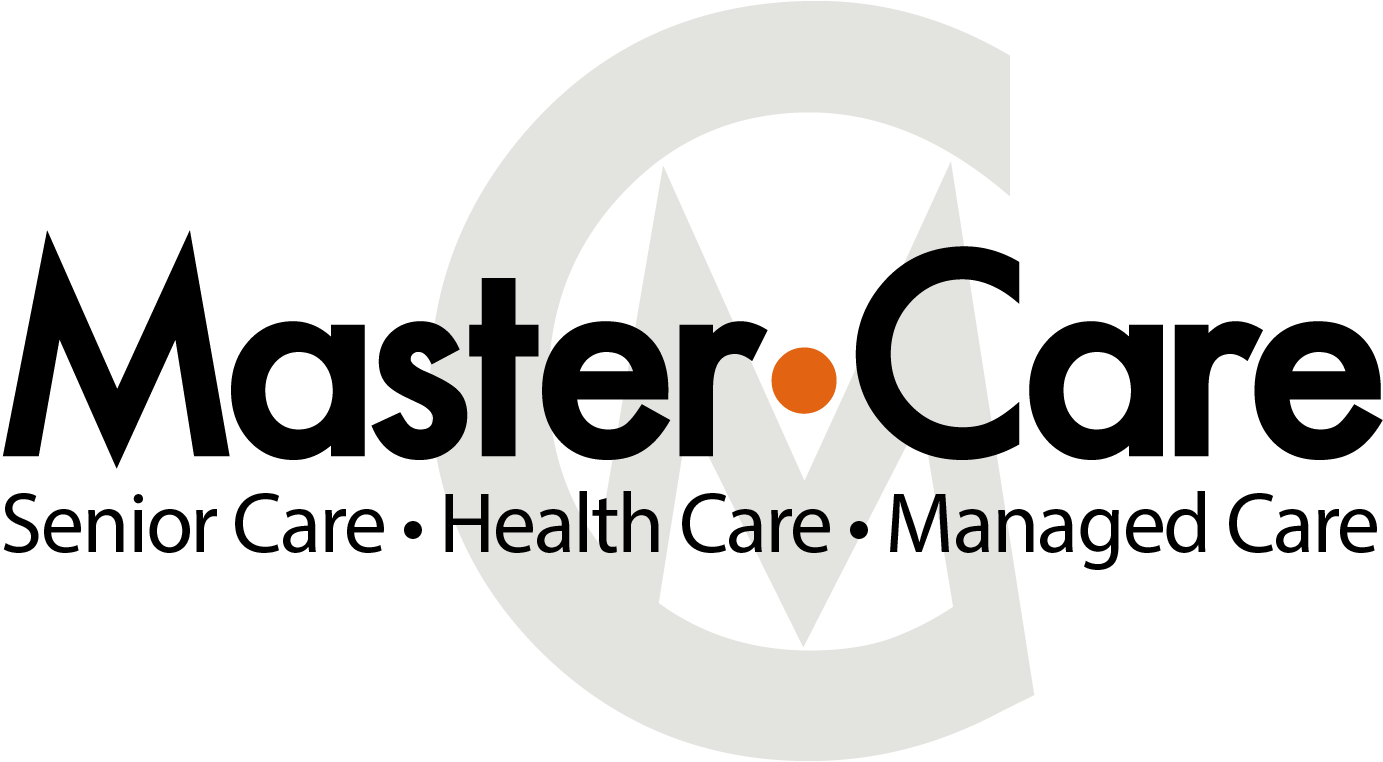A Message from CEO
California Has a Proven Way to Help Older Adults Avoid Nursing Homes and Homelessness — Let’s Scale It
May-13-2025
By Debra Draves, Co-Founder and CEO of Master•Care
California is in the midst of a once-in-a-generation transformation of its Medi-Cal program through CalAIM, an ambitious effort to redesign how we care for the state’s most vulnerable residents. While much of the focus has gone to high-profile initiatives, one of the most impactful and cost-effective strategies is quietly making a difference in people’s lives—and it deserves much more attention.
That strategy is the Nursing Home Transitions and Diversion to Assisted Living program, one of 14 Community Supports available under CalAIM. It’s designed to help individuals either move out of nursing homes into community-based assisted living settings or avoid institutionalization altogether by moving from their home into a more supportive, community-based assisted living arrangement.
This is about more than program design—it’s about restoring dignity, preserving independence, and using public dollars wisely.
At Master•Care, we’ve worked directly with over 1,000 Californians and their families to facilitate these transitions. Additionally, we have coordinated processes with managed care plans and assisted living providers to assure successful results, quality outcomes, and verifiable savings. The results are clear: people thrive when given the opportunity to live in settings that feel like home. And the state saves an average of $6,700 per person, per month compared to the alternative—placement in a skilled nursing facility or, in some cases, the tragic reality of homelessness.
And that risk is real. A comprehensive study from the UCSF Benioff Homelessness and Housing Initiative—the largest of its kind since the 1990s—found that nearly half of unhoused individuals in California are over 50. Black and Native Americans are dramatically overrepresented. As housing costs continue to rise, even middle-income older adults are increasingly vulnerable to institutionalization or displacement
Programs like Nursing Home Transitions and Diversion to Assisted Living offer a lifeline—and a roadmap.
But despite its clear benefits, this Community Support has received limited attention. The infrastructure needed to make it successful is fragile: identifying eligible individuals, securing housing, coordinating services, and managing transitions takes expertise, partnership, and sustained funding. Today, providers are making it work against the odds.
That’s where Sacramento can lead. If California wants CalAIM to succeed, we must lift up these community-based supports as foundational—not fringe—components of the Medi-Cal system. That means empowering managed care plans to lead in implementation and expanding access statewide so more Californians can benefit.
As more Americans enter retirement, they do so with fewer resources than generations before them—facing longer lifespans, rising costs, and limited support. Without strategic investment in non-medical care—like help with meals, bathing, and medication—we risk higher healthcare costs, unnecessary institutionalization, and a system that fails both older adults and the budgets that support them. These are not luxury services; they are foundational to aging with dignity and keeping care sustainable.
And the opportunity doesn’t stop at California’s borders. The Nursing Home Transitions and Diversion to Assisted Living program offers a model for national leaders on how to better align Medicaid dollars with outcomes that matter—health, independence, and quality of life. It’s a chance to scale a program that delivers on both compassion and cost savings.
This isn’t a fringe pilot. It’s a proven solution. Now we need the political will to invest in it and expand it. Because at the end of the day, CalAIM’s promise won’t be fulfilled by headlines—it will be measured by how well we take care of the people who are counting on us to get the details right.
Let’s scale what works. Let’s ensure every Californian who can live in the community has the opportunity to do so.
Debra Draves is the Co-Founder and CEO of Master•Care, a California-based organization that helps individuals safely transition from institutional care to
supportive community settings.
